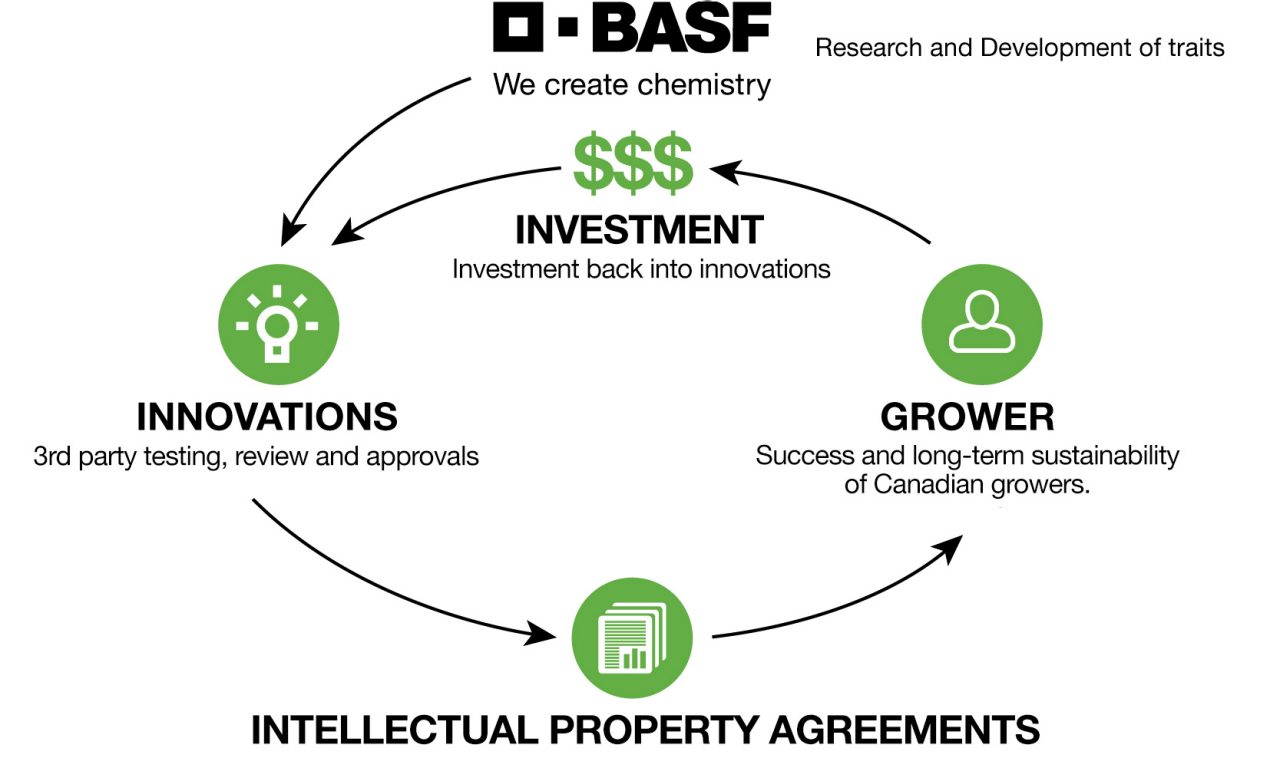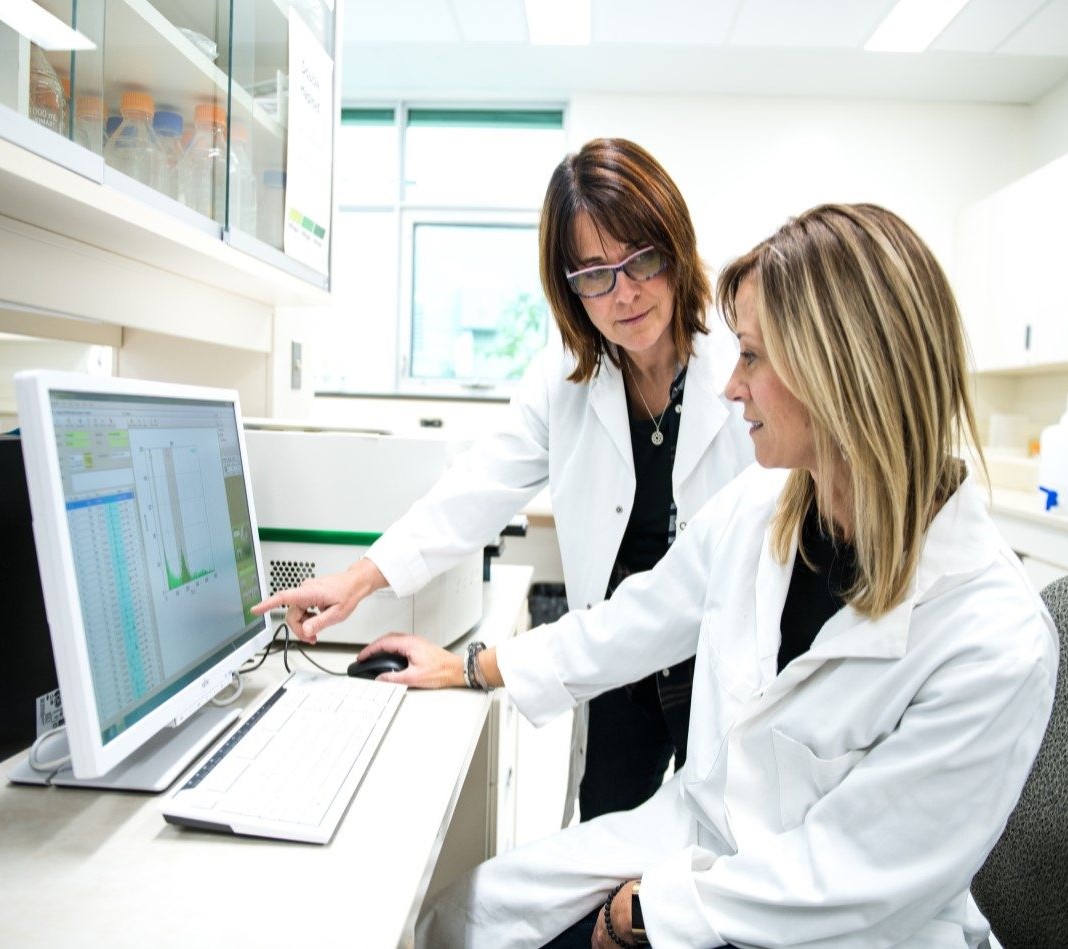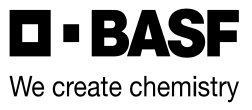Plant the seed of Innovation
At BASF, innovation is one of our core strategic pillars for success. With our innovation-based strategy in agriculture, we put the grower’s needs at the center of everything we do. We are committed to investing in and delivering leading crop protection and seed & trait technology to growers in Western Canada to enhance productivity and profitability in a sustainable and responsible manner.

BASF supports globally driven and locally focused investment.
BASF is one of the world’s leading crop protection, seed & trait research & development companies. We are focused on investing back into agricultural research & development. In 2019 alone, the company invested $1,286 million CDN in research & development globally in the Agricultural Solutions division, representing around 11% of sales for the segment. *
In Canada, this research & development investment supports several initiatives:
- BASF globally driven and locally tailored breeding programs in InVigor® hybrid canola, which are focused on developing and delivering value-added traits and leading hybrids to Canadian growers
- BASF partnerships with public breeding organizations like the Crop Development Center (CDC) in Saskatoon, Saskatchewan. BASF invests a portion of the sales of Clearfield herbicides into the CDC’s lentil and wheat breeding programs and has actively supported their breeding facilities through direct investment
* “BASF’s new focused approach boosts agricultural innovation pipeline by 25%,” BASF, February 28, 2020, https://www.basf.com/global/en/media/news-releases/2020/02/p-20-136.html.
Innovation doesn't happen overnight.
At BASF, we have a passion for discovering new, integrated solutions and revolutionary, high-performing products to boost agricultural productivity, profitability, and sustainability. Bringing new seed & trait technologies to the marketplace is no small feat and takes time and investment. According to a CropLife International study, it takes approximately 13 years and approximately $136 million to launch a transgenic trait from its discovery to commercial launch.* BASF value-added traits are available to growers in top-performing hybrids and varieties because of that continued time and investment. Our investment in state-of-the-art research facilities and processes has helped optimize this process.

* “Cost of bringing a biotech crop to market,” CropLife International, September 2011, https://croplife.org/plant-biotechnology/regulatory-2/cost-of-bringing-a-biotech-crop-to-market/.


Responsible Stewardship of seed & trait products.
BASF is committed to the responsible delivery of seed & trait products to the Canadian marketplace from its inception through to its ultimate use and discontinuation. Supporting this commitment, BASF is a member of Excellence Through Stewardship® (ETS).* ETS is a global organization that promotes the adoption of product stewardship programs and quality management systems for the full life cycle of agricultural biotechnology products. BASF products are commercialized in accordance with ETS guidelines.
Purchasers of BASF seed & trait products also play a key role in stewarding the technology which supports the integrity and durability of the products
and safeguards ongoing open market access for Canadian crops. Here are some examples:
- BASF works with regulatory agencies domestically and in key export markets so that the necessary authorizations are in place and maintained for open access to export markets for Canadian crops. Growers can do their part by growing registered varieties. This is important because it helps Canadian grain exports meet export customer requirements for biotech traits. Canadian growers can refer to the Canadian Food Inspection Agency’s website and list of variety registration cancellations or the Keep It Clean program for more information on varieties that have been deregistered.
- Farm-saved seed or bin-run seed grown from a hybrid segregate genetically. This means that the farm-saved/bin-run seed may not provide the same level of disease resistance, vigor, yield, and end-use quality as certified seed of the hybrid. Growing certified hybrid seed is essential because it helps Canadian crops meet customers’ domestic and export requirements for disease and quality.
- Clearfield-Confirm® testing, paid for by BASF when growers register their 2023 Clearfield lentil acres as part of the Clearfield Seed Quality Offer.
*Excellence Through Stewardship® is a registered trademark of Excellence Through Stewardship.


